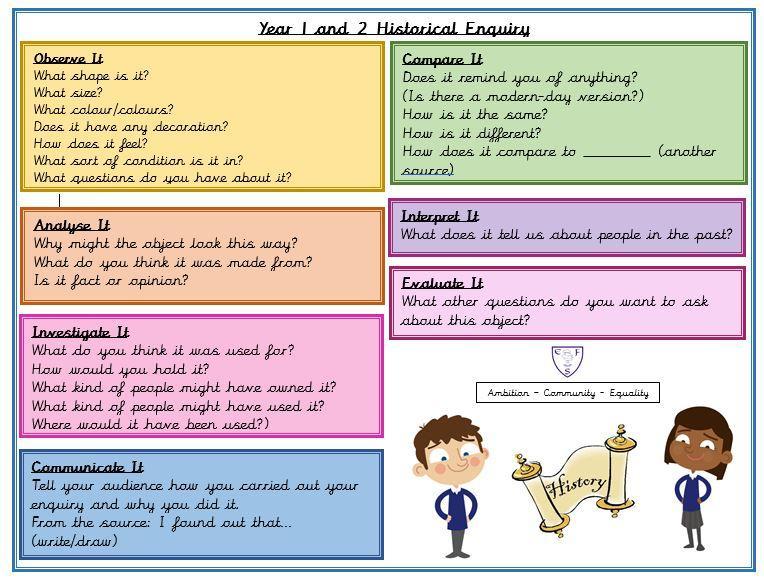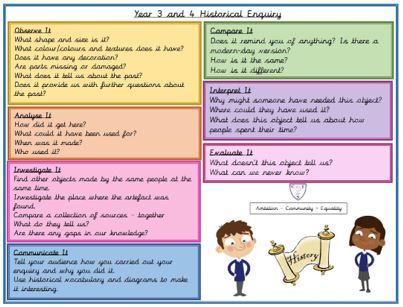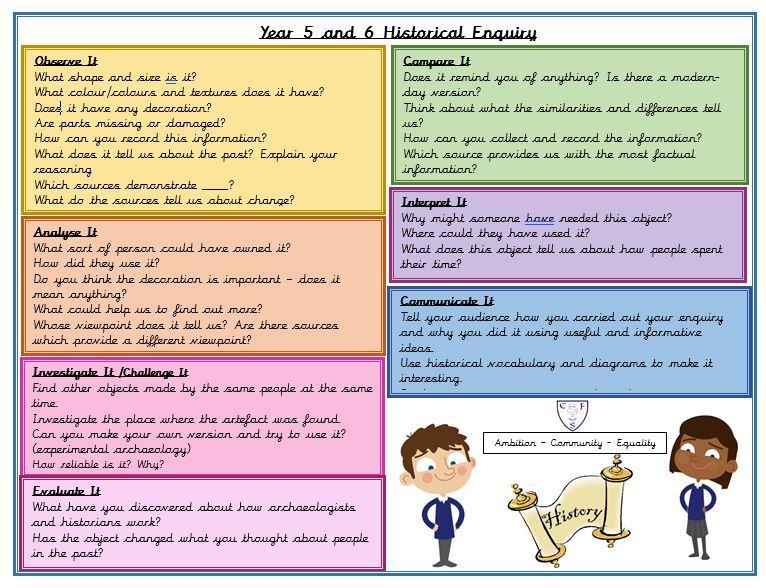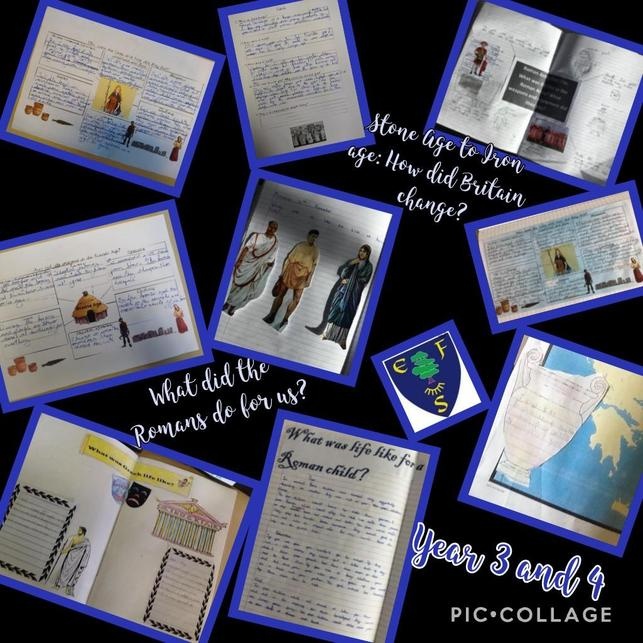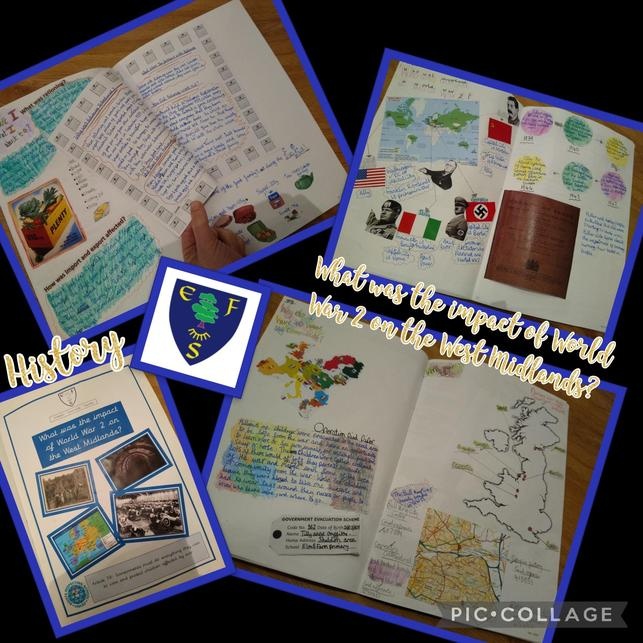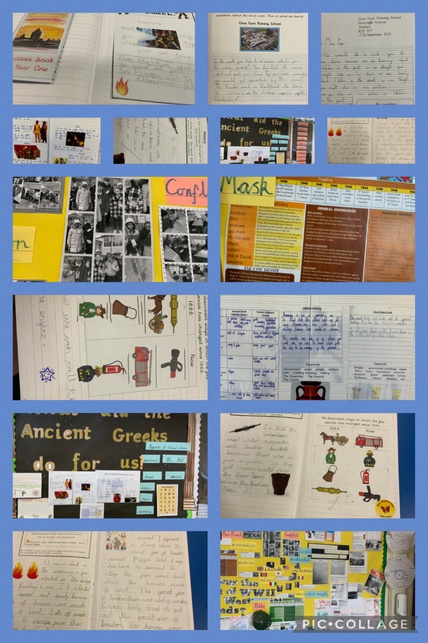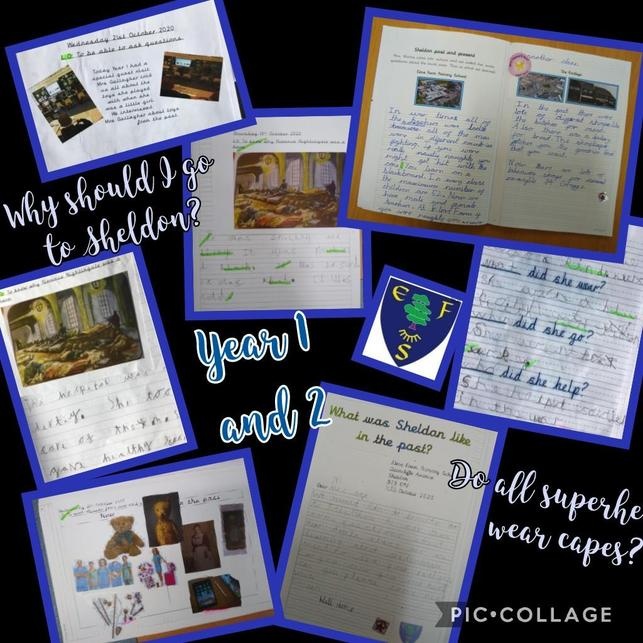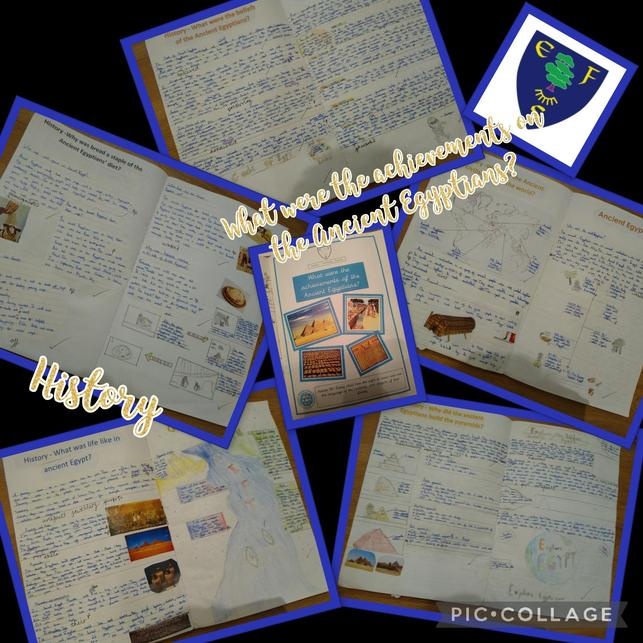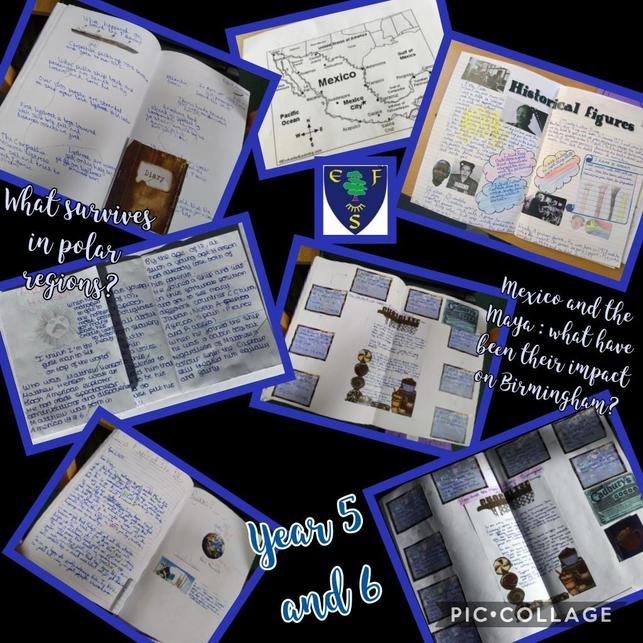History
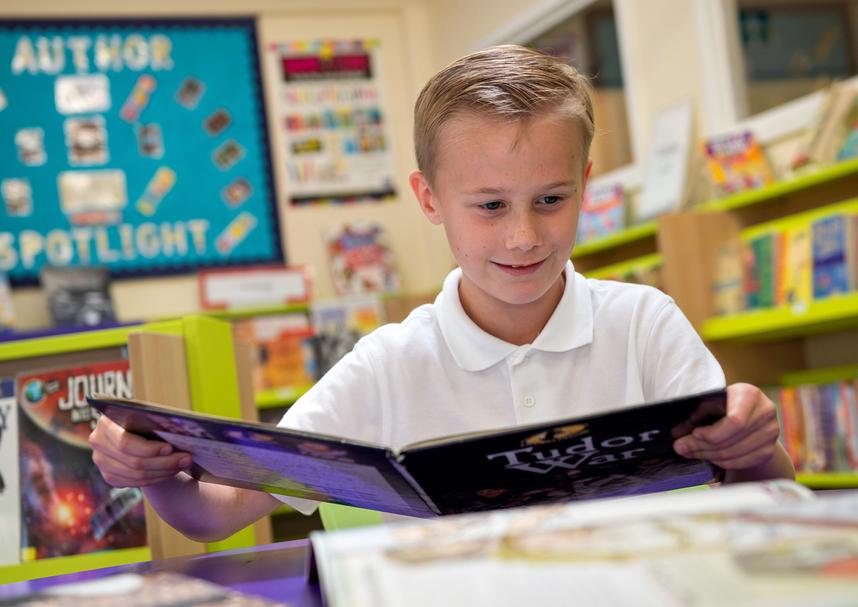
History at Elms Farm
My name is Mrs. McBride and I absolutely love history! To me, it's like a giant, never-ending storybook filled with fascinating characters, epic adventures, and important lessons. I think my interest in history means I'm someone who's curious about the world and how it came to be. I enjoy connecting the dots between past events and the present day, and I appreciate the complexity of human experience. Maybe I'm drawn to specific periods or events. Perhaps I'm fascinated by ancient civilizations, medieval times, or more recent history. Whatever it is, it's clear that I find value and enjoyment in learning about the past, which I think is pretty great.
Elms Farm Primary School values history because it helps our children to understand how people and places have developed over time. History helps them to appreciate the achievements of humanity and understand the values of their own and other communities.
We teach history through an enquiry-based approach, where pupils investigate compelling questions using a range of sources. This develops both substantive knowledge and disciplinary thinking—how historians interpret evidence and construct arguments (Hill, 2024).
Our curriculum follows the National Curriculum and is taught chronologically in KS2 to build a coherent understanding of the past. Oracy is central to our pedagogy: pupils discuss, debate, and present their ideas, strengthening historical reasoning and critical thinking (Low, 2024).
Research shows that enquiry-based learning supports metacognition and helps children understand how historical knowledge is constructed (Aghazadeh, 2020). Through this approach, we aim to nurture reflective, articulate learners who think deeply about the past.
Aims:
- To instil in the children, a curiosity and understanding of events, places and people in a variety of times and environments.
- To develop an interest in the past and an appreciation of human achievements and aspirations
- To understand the values of our society
- To learn about the major issues and events in the history of our own country and of the world and how these events may have influenced one another
- To develop a knowledge of chronology within which the children can organise their understanding of the past
- To understand how the past was different from the present and that people of other times and places may have had different values and attitudes from ours
- To understand the nature of evidence by emphasising the process of enquiry and by developing the range of skills required to interpret primary and secondary source materials
- To distinguish between historical facts and the interpretation of those facts
- To understand that events have a multiplicity of causes and that historical explanation is provisional, debatable and sometimes controversial
Historical Enquiry
Teachers use a range of primary and secondary sources to teach pupils enquiry-based skills. Please read our example unit plan:
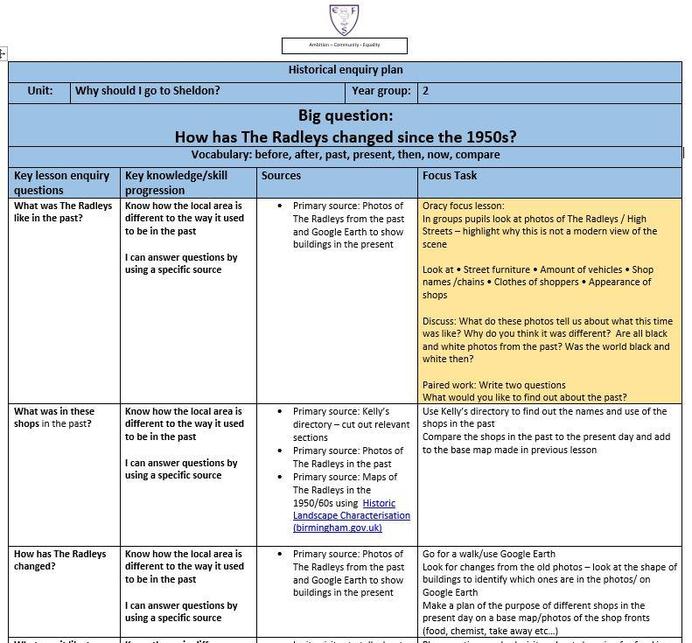
Historical enquiry example overview
Historical enquiry question stems
We have developed a range of enquiry questions that we use in our history lessons.
|
|
|
|
Learning Journey
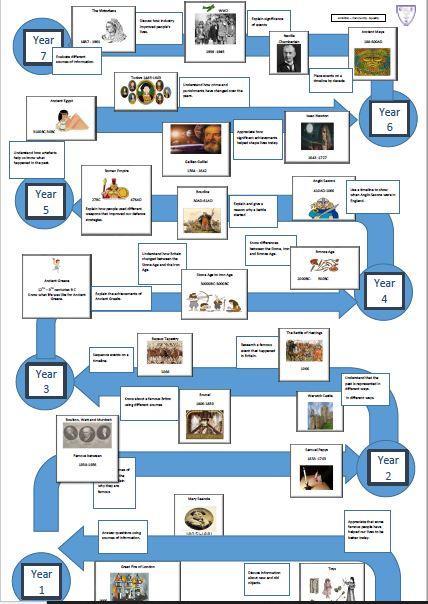
Whole School History Learning Journey
Documents
History topic work

